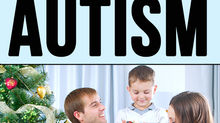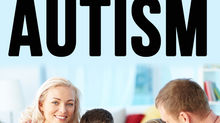Autism Educational Planning
- Sep 3, 2013
- 1 min read
Educating your child with autism requires planning and structure. Students with autism and other developmental disabilities often need to address skills reaching well beyond academics. Every student is different, but it is common to see extra focus given to skills such as communication/language, self-help/functionality; behavioral/social, and even leisure skills. When conducting educational planning, we always suggest working with professionals to best help your child benefit from his/her programming.
Autism Society states, “Most professionals agree that school-age children with autism respond well to highly structured, specialized education programs designed to meet individual needs.”
Understanding your child’s core deficits will allow you and any consultants helping you to best develop a program that can help your child reach his/her full potential.
Children with autism often require multiple program modules that work together such as social and communication development paired with medication. Another example might be sensory integration and language development paired with dietary restrictions. It’s important to reiterate that every child’s program will be unique to that child, and working with professionals (sometimes more than one) to find the most effective program is key.
Here are a few tips to develop and execute a successful educational plan:
Keep open lines of communication with your child’s educators.
Set reasonable and achievable goals based on your child’s skill level.
Practice skills consistently.
Set up a routine.
Be flexible.
Reevaluate your program frequently.








































Comments